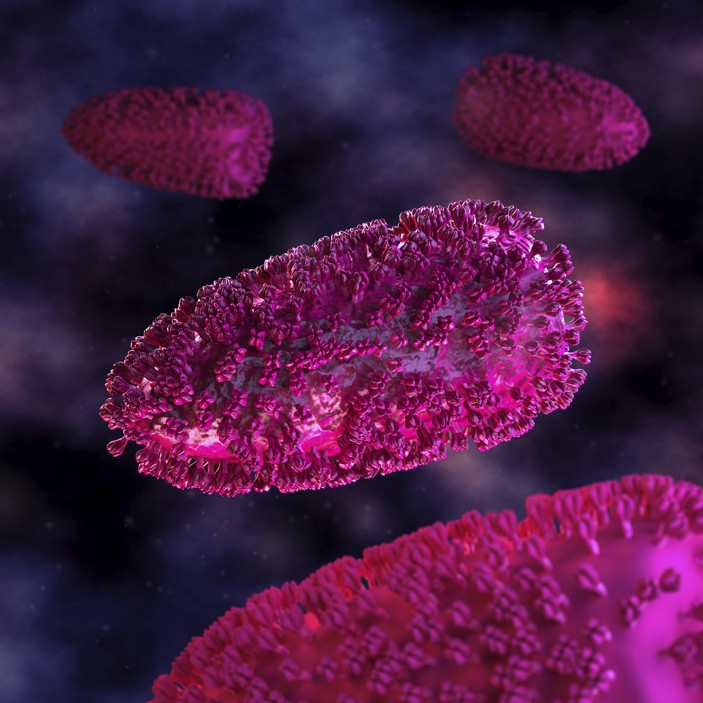Introduction of Maraba Virus as Oncolytic Virus
Introduction of Maraba Virus
Maraba virus is a rhabdovirus, and has attracted much attention because it has been found to have oncolytic activity in recent studies. After reducing viral toxicity through genetic engineering, Maraba virus can express tumor antigens associated with melanoma in vivo under relatively safe conditions. When used as a booster carrier in heterologous priming-boost therapy, it can rapidly generate a strong antigen-specific T cell immune response. The effect of this vaccine has been tested in mouse models, and the median survival time of treated mice has been greatly prolonged, with over 20% of individuals completely remission. In other words, Maraba virus can be used as an effective vaccine carrier for cancer immunotherapy, showing both oncolytic activity and significant ability to enhance adaptive anti-tumor immunity.
Oncolytic Virus (OV)-mediated Tumor Immunotherapy
OV generally refers to a type of virus that can specifically infect, replicate, and kill malignant tumor cells without interfering with normal tissue cells. A variety of viruses representing these new anti-tumor therapies have entered clinical trials. The results and data from preclinical models indicate that these viral preparations, used alone or in combination with standard cancer treatments, can effectively improve the therapeutic effect. Besides, a large number of test results also show that the anti-tumor efficacy depends not only on its direct oncolytic effect, but also on its ability to stimulate anti-tumor immunity. This immune-mediated tumor control seems to play a key role in the overall efficacy of oncolytic virus therapy. In fact, tumor-specific adaptive immune cells can patrol the tissue and destroy tumor cells missed by OV. Moreover, their memory room can prevent tumor recurrence.

Advantages of Maraba Virus as OV
The emergence of OV as a cancer vaccine provides broad prospects for systemic cancer treatment and long-term tumor protection. Its efficacy depends on the replication of oncolytic viruses in tumors, but it is likely to benefit from the induction of antitumor immunity. Scientists have proposed various strategies to improve the treatment of these viruses by affecting these two aspects. As a new oncolytic vesicular virus, Maraba virus has stronger oncolytic activity than its prototypical vesicular stomatitis virus (VSV). Specifically, Maraba virus exhibits the most extensive homophilic in vitro, and specific genetic modifications are shown to significantly improve its tumor selectivity and reduce its virulence in normal cells. When applied to the treatment of syngeneic murine melanoma tumor models, the recalled immunity mediated by the Maraba virus vaccine led to a significant extension of the median survival time, with over 20% of the animals completely remission.
However, similar to the oncolytic vaccine based on attenuated vesicular stomatitis virus, the DCT-expressing Maraba virus vaccine cannot induce meaningful DCT-specific CD8+ T cell responses in tumor-free or tumor-bearing animals. This result may be because replicated OVs are weak-start vaccine vectors, and the immune response against viral vectors is dominated by responses against highly immunogenic viral antigens that must be expressed to replicate. In order to overcome this problem, it is necessary to introduce Maraba vaccine as a strengthening vector in heterologous priming-boosting therapy. In this case, the response to the tumor antigen transgene is a secondary response, so it is more robust and can compete with the primary response to the vector itself.
